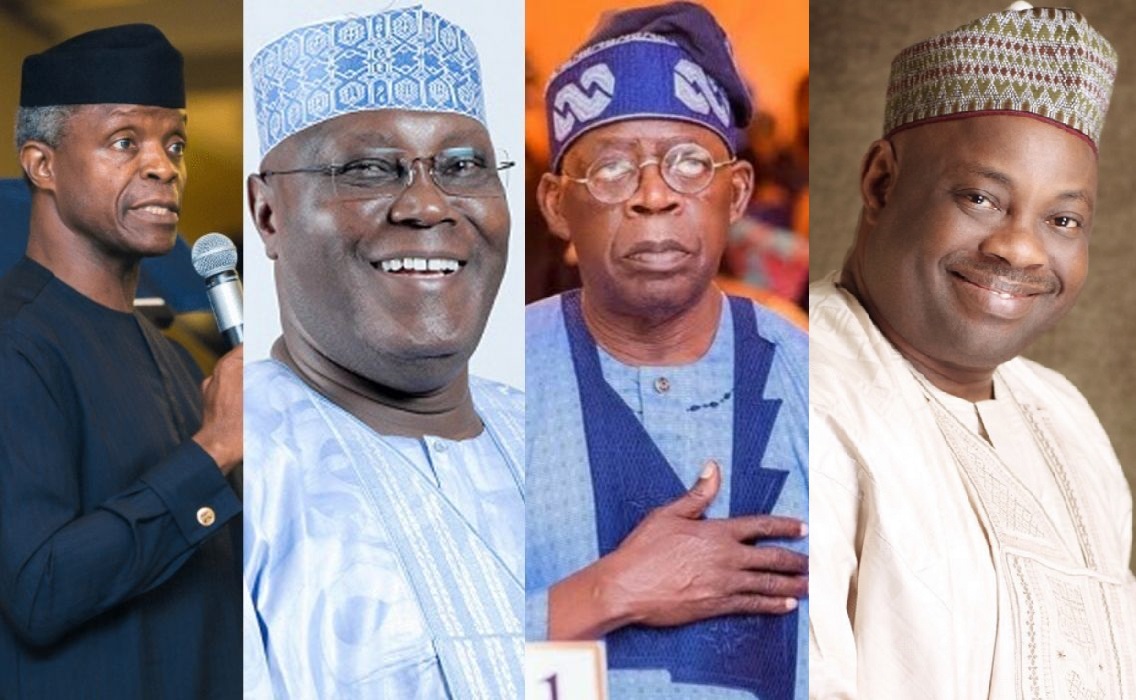POLITICS
Former Chief of staff canvasses higher qualification for presidential aspirants

Dr Gbade Ojo, Head, Political Science Department, University of Ilorin, on Wednesday said it was ridiculous to continue to allow secondary school certificate as the minimum educational qualification for presidential aspirants in Nigeria.
Ojo, a former Chief of Staff in Oyo State, told our correspondent, in Ibadan, that a nation yearning for development like Nigeria, required a well-read president who can readily compete with his peers in the 21st century world.
He said that while a secondary school certificate holder may be good in business, the possibility of him being deficient in decision making was higher.
“In the private sector, you must acquire good education and quality training for you to be able to have a breakthrough in boardroom politics.”
“In the military and the police, you must acquire good education and quality training to become a superior officer.”
“It is equally required that in politics, a leader should be capable of reacting to divergent situations and issues appropriately.”
“Philosophers made us to understand that to be a king, you must be a philosopher and to be a philosopher, you must be well read.”
“To become a king as the chief executive of a country or state, the person must be well read, so that advisers don’t mislead him,” he said.
According to the don, it requires enormous experience and an all-round exposure to lead a nation.
However, an Ibadan-based legal practitioner, Mr James Ajibola, said that until the Constitution was amended, nothing could bring about a change to the present situation.
Ajibola further submitted that the recognition of secondary school certificate as the minimum qualification was an old trend, but that many seekers of the presidential office were now well read.
“I also know that each political party can decide the qualification they want their aspirants to possess, aside from the dictates of the Constitution.”
“For now, the constitutional provision is secondary school certificate as the minimum educational qualification and no one can act below or above it,” Ajibola said.
Meanwhile, Dr Mutiat Oladejo, a Senior Lecturer in the Department of History, University of Ibadan, said that the secondary school qualification requirement was grossly inadequate as far as the number one office in Nigeria was concerned.
Oladejo stated that the level of exposure of a secondary school leaver was far insufficient to shoulder a 21st century Nigerian society.
“Students of a standard secondary school should be able to answer complex comprehension or compose good essays.”
“However, with many unresolved issues still in our educational system, I doubt if the current crop of secondary school students today can do this.”
“How many secondary school leavers understand Nigeria’s past and if someone doesn’t have good knowledge of a society, how will he or she be able to lead well?”
“It is not all about certificate, but the kind of exposure that would be there for someone who is well read at a higher level,” Oladejo said.
The historian said that there was a big difference between someone who went to a school in a remote village and someone who attended a cosmopolitan secondary school due to exposure.
Our correspondent recalls that Hon. Femi Gbajabiamila, Speaker, National House of Representatives, recently called for an upgrade in the minimum educational qualification for persons aspiring to be future leaders of Nigeria.
Gbajabiamila maintained that for Nigeria to compete favourably with the rest of the world, minimum educational qualification for those aspiring for presidential, governorship, and lawmaking positions must be set at a higher level.
He, therefore, called for the amendment of Section 131 (D) of the 1999 constitution to facilitate this.




 Davido's Net Worth & Lifestyle
Davido's Net Worth & Lifestyle 
